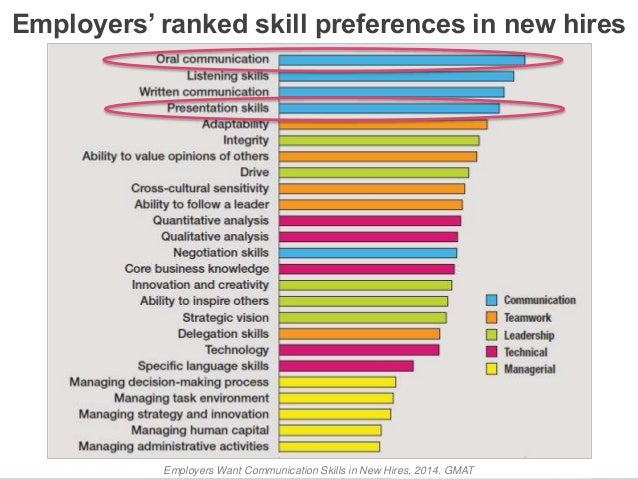What is it?
Group work (sometimes known as team based learning) is a widely used educational method. Based on the social-constructivist model of learning, it builds core cooperative and collaborative skills required in today’s society. The scope of possibilities for group or team-work is vast, although it may not be appropriate for all assignments. This resource focuses on ways to include group work into modules and programme assessment and in-class activities.
Why would I use it?
- It builds core skills such as teamwork, leadership, negotiation, analytic skills in evaluating the work of others, organisation and time management. It allows students to develop tolerance and empathy in working with other views, cultures and perspectives.
- It promotes student engagement and academic performance (Kuh et al. , 2007). It can make more individualistic achievement assessment such as exams and quizzes more collaborative and engaging. Studies have shown that students also tend to achieve higher grades through working in teams (Johnson et al, 2006).
- It is more authentic, as group work is more common in the workplace and clinical and research environments. This facilitates student’s awareness of their potential employability as they can discuss these assessment tasks in interviews.
- It can allow for a greater scope in assessment by making groups work on more complex and intellectually challenging tasks that would be difficult and time consuming to mark individually.
Known issues:
- Group work is not valued by everyone. Cultural resistance to group work should also be taken into account and a clear rationale given for its use. Groups should be encouraged to negotiate roles and responsibilities so as to play to individual strengths.
- Summatively assessing group work brings challenges, such as equitable participation – although many of these can be mitigated (see below).
- Decide and make clear to students whether the process or outcome is more important, or whether they are equally weighted. Also whether there will be an individual grade as well as a group grade assigned to the work.

How has it been used?
A). Group presentations / posters / videos / performances
- Clare Furneaux from the University of Reading assesses group reports.
- The University of Queensland discusses how to assess group posters in Maths.
- See CASE STUDIES in this resource for an example from KCL IOPPN department of Psychology
B). Group clinical / lab skills
The majority of lab work takes place individually but using formative assessment can facilitate creativity in assigning groups to perform experiments and write reports in teams.
C). Group projects / research / reports
- The University of York provides some case studies of student-led group research assessment.
D). Group tests / quizzes
- The University of New South Wales provides a clear how to guide for implementing and assessing group quizzes.
E). Two-stage exams
F). Debates
Debates are often used in Law Schools where ‘moot courts’ enable students to practise legal advocacy. However, debates can be valuable in other disciplines where controversial topics are being discussed such as philosophy, theology or international relations, to name a few. Teachers decide on the topic being debated, and set up the task for preparation. The ideal team size is 5, meaning that each debate engages 10 students, 5 presenting a case for the motion and 5 against the motion. Posting of resources and forming and managing the debating groups can be done on KEATS.
Examples:
- The University of New South Wales on teaching with debates;
- The University of Reading on debates for learning and assessment;
- A rubric for grading debates, from California State University, Northridge.
